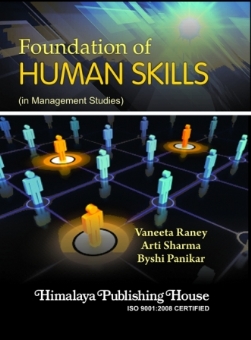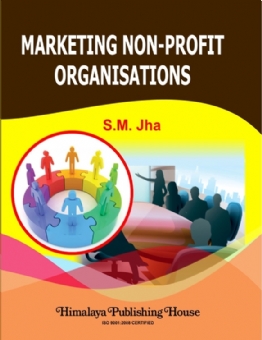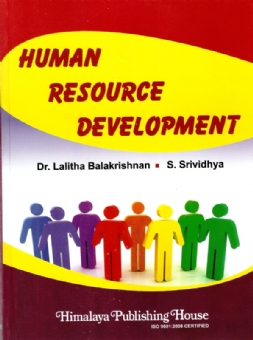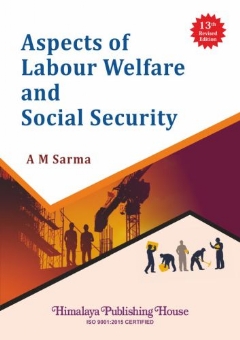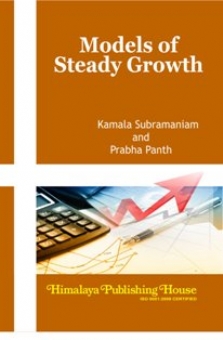Knowledge is replacing infrastructure whereas values and self-assessment are replacing authority management. Companies are looking out for employees with emotional intelligence and team competencies, not just technical smarts whereas social networks and virtual teams are replacing committee meetings.
Therefore, Foundation of Human Skills is a small attempt in contributing among the management-oriented disciplines. The first attempt is written in the context of these emerging workplace realities. This new edition explains how emotions guide employee motivation, attitudes and personalities. How power and politics impacts the organisational effectiveness and how thinking and learning becomes an essential step in decision-making to increase the level of self-esteem of an individual for dynamic work set-ups.
this philosophy of the book is to orient students, instructors, industrial psychologists and other behavioural practitioners to understand the functions, needs and conceptual base for each of the topics under broad headings. Chapters like perception, creativity, conflicts, organisational development and stress are written keeping the current scenario and the forthcoming trends in mind.
The book is designed by the three eminent authors belonging to esteemed management institutes who have strictly followed the university prescribed syllabus.
Furthermore, this devotional attempt brings a sense of worthiness to present the first special edition of the handbook on the subject 1.1 Foundation of Human Skills in Management Studies to the educators and the loving students of Bachelor of Management Studies, First Year, First Semester.
Contents :
UNIT 1 : Understanding of Human Nature
CHAPTER 1. Individual Behaviour
CHAPTER 2. Personality and Attitude
CHAPTER 3. Thinking and Learning
CHAPTER 4. Intelligence and Perception
UNIT 2 : Introduction to Group Behaviour
CHAPTER 5. Group Dynamics
CHAPTER 6. Team Effectiveness
CHAPTER 7. Power and Politics
CHAPTER 8. Organizational Conflicts and Resolution
UNIT 3 : Organizational Culture
CHAPTER 9. Organizational Culture
CHAPTER 10. Motivation at Workplace
UNIT 4 : Organisational Change and Creativity
CHAPTER 11. Organizational Change and Creativity
CHAPTER 12. Organizational Development and Work Stress
Bibliography

